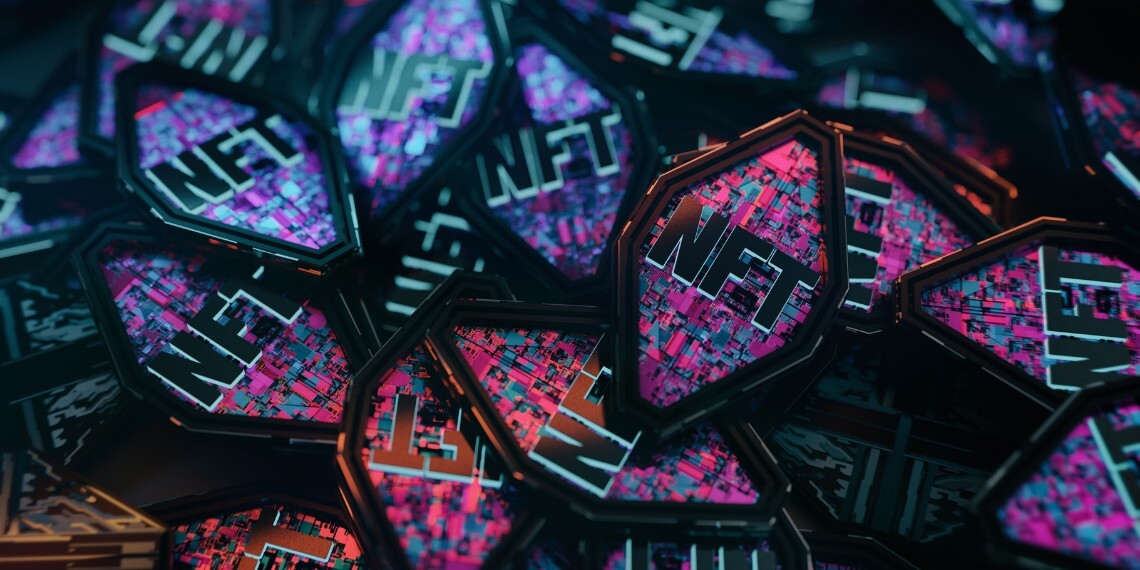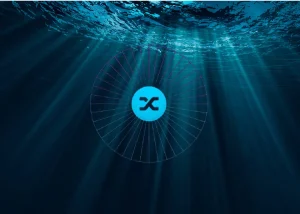According to a recent survey of the NFT market, OpenSea has lost its NFT market supremacy. OpenSea, the leading non-fungible token (NFT) marketplace, said on Friday that it is temporarily removing its marketplace fee, intensifying competition with popular no-fee marketplace Blur.
OpenSea has made three major changes to lure back its emigrating customers: a limited-time 0% fee, optional creator revenue, and leniency towards rival operators. As a result, according to reports, Blur surpassed OpenSea in daily Ethereum trading volume on February 18.
What are OpenSea’s fees?
While it is free to create an OpenSea account and begin exploring, there are fees associated with selling non-fungible tokens. The marketplace typically receives a 2.5% commission on all secondary transactions. But, the entity will waive its price for a limited time.
During this period, the NFT marketplace will only receive a fee if the creator’s earnings for a collection are between 0% and 0.5%. In this case, it will receive up to 0.5% in fees to discourage inorganic trading activity. This applies to all listings and offers created on or after February 17, 2023, at 15:30 E.T.
We’re making some big changes today:
— OpenSea (@opensea) February 17, 2023
1) OpenSea fee → 0% for a limited time
2) Moving to optional creator earnings (0.5% min) for all collections without on-chain enforcement (old & new)
3) Marketplaces with the same policies will not be blocked by the operator filter
When you list an item for the first time on Ethereum, you must also pay gas. The minimal creator earnings while selling an NFT using OpenSea are 0.5% if the collection does not use an on-chain enforcement method. Moreover, sellers can add additional creator earnings to every transaction.
OpenSea folds to the growing NFT marketplace surge
The major nonfungible token marketplace has been losing users to competitor platforms like Blur. The NFT marketplace intends to reclaim its market supremacy, noting that it has lost consumers to rival “NFT marketplaces that don’t fully enforce creator earnings.”
Nansen records show that on February 18, NFT marketplace Blur exceeded OpenSea in daily Ether trading volume. This is because consumers seeking higher returns on their NFT investments need a trading environment that works in their favor.
With the release of Blur’s native token on Tuesday, tensions between Blur and OpenSea have risen this week. As a consequence, the entity made three big improvements in order to reclaim its migrating customers. The measures include a temporary 0% fee, the introduction of optional creator earnings, and leniency toward other operators.
The marketplace has also updated its blocklist of other marketplaces that do not honor full royalty payments to creators, enabling sales on NFT marketplaces that follow the same principles. This includes Blur “as they make good on their promise,” no longer requiring authors to choose between the two platforms in order to earn full royalties on their collections.
This is the start of a new era for OpenSea […] We’re excited to test this model and find the right balance of incentives and motivations for all ecosystem participants – creators, collectors, and power buyers and sellers.
OpenSea
The marketplace believes that it has defended creator earnings on all collections while reiterating its support for Operator Filter, a feature designed to assist creators in protecting their resale revenues. Unfortunately, this filter prevented the promotion of markets with identical policies.
OpenSea has adopted a firm stance on the issue over creator royalties, unveiling in November a royalty enforcement tool that enables new collections listed on the service to delegate fees on-chain. This program also prevents the resale of these collections on markets that do not enforce royalties, such as X2Y2 and Blur.
5/ Recent events – including Blur’s decision to roll back creator earnings (even on filtered collections) and the false choice they’re forcing creators to make between liquidity on Blur or OpenSea – prove that our attempts are not working.
— OpenSea (@opensea) February 17, 2023
Throughout the royalty war between the two markets, community members emphasized the significance of industrial competitiveness. Without zero royalty marketplaces, more major players like OpenSea would eventually expand their cost structure, which would be detrimental to creators and collectors.
In addition, the marketplace intends to continue testing the model and determining what works best for the organization and the community. Members of the community hypothesize that the NFT marketplace will likely boost its platform costs in the future if it is able to regain its lost consumers – a predatory tactic frequently observed in industries with less competition.





